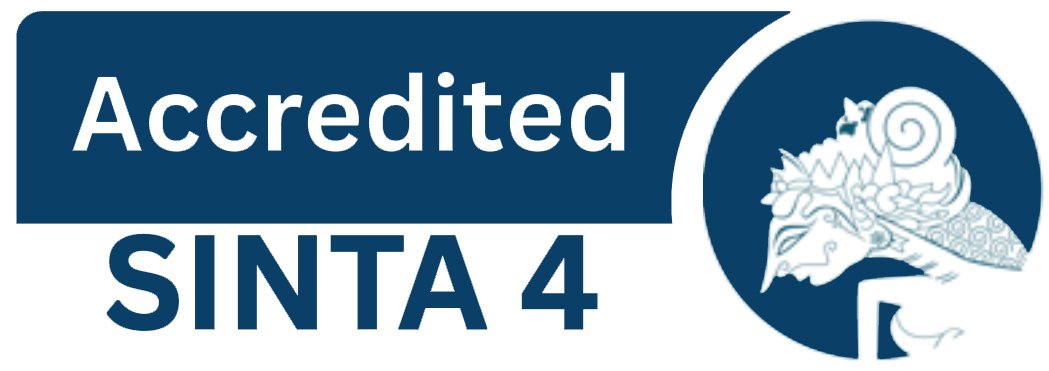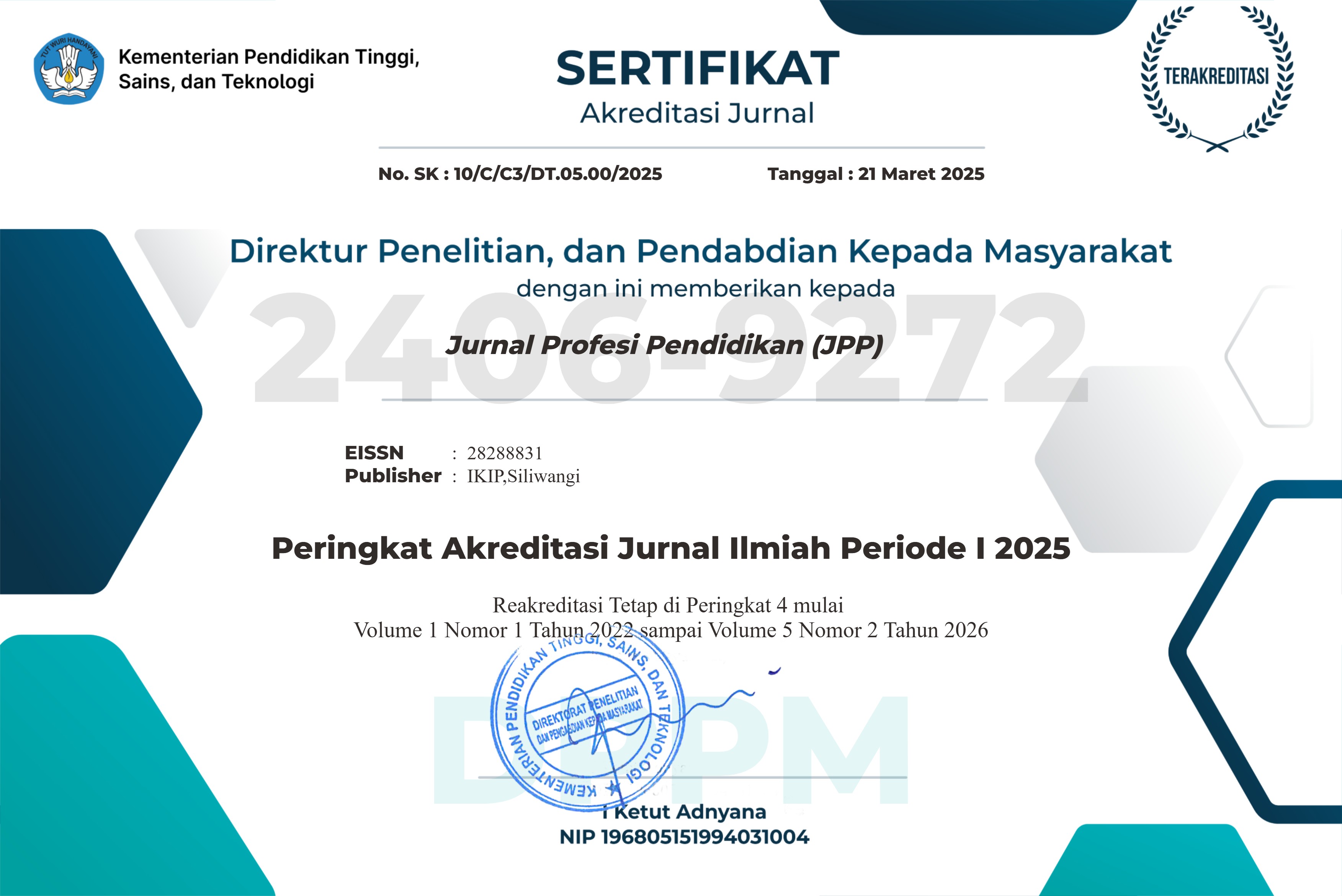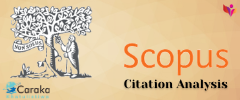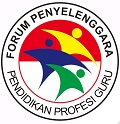Dampak Metode Pengajaran Terhadap Prestasi Siswa pada Mata Pelajaran IPS: Studi Kasus beberapa SMP Negeri di Kabupaten Tebo
DOI:
https://doi.org/10.22460/jpp.v2i1.18233Keywords:
metode pengajaran, sekolah menengah pertama, ipsAbstract
Penelitian ini bertujuan menganalisis dampak metode pengajaran terhadap prestasi siswa pada mata pelajaran IPS di SMPN Kabupaten Tebo, Indonesia. Enam sekolah menengah pertama dengan status negeri, yakni: SMPN 01, SMPN 10, SMPN 22, SMPN 24, SMPN 28, dan SMPN 46 sebagai sampel. Pada penelitian ini menggunakan 418 kuesioner diberikan kepada responden. Penelitian ini menggunakan metode studi kasus. Pada bagian analisis data menggunakan deskriptif kuantitatif berbantu SPSS 23. Hasil penelitian menunjukkan bahwa metode pengajaran ceramah paling banyak digunakan oleh guru dibandingkan yang lain (44,6%). Hasil penelitian juga mengungkapkan bahwa 31,58% siswa yang menjawab mengatakanmereka tidak mengetahui metode guru yang sebenarnyadalam mengajar mereka. Penelitian ini hanya mencakup SMP berstatus negeri yang berada di Kabupaten Tebo, provinsi Jambi, Indonesia. Hasil penelitian ini tidak dapat digeneralisasikan untuk tingkatan yang lebih luas. Disarankan untuk penelitian berikutnya mengambil responden dalam lingkup yang lebih besar seperti provinsi, ataupun negara. Manfaat penelitian ini membantu Kementerian Pendidikan yang bertanggung jawab pada pendidikan menengah dan semua pemangku kepentingan untuk memahami realitas keadaan pendidikan menengah di wilayah studi untuk meminimalisir masalah tersebut. Selain itu, penelitian ini dapat direplikasi di wilayah studi lain yang memiliki karakteristik serupa.
References
A. P., Napiorkowski, J. J., & Piotrowska, A. E. (2020). Population size in particle swarm optimization. Swarm and Evolutionary Computation, 58, 100718.
Emaliana, I. (2017). Teacher-centered or student-centered learning approach to promote learning?. Jurnal Sosial Humaniora (JSH), 10(2), 59-70.
Esra, M. E. Ş. E., & Sevilen, Ç. (2021). Factors influencing EFL students’ motivation in online learning: A qualitative case study. Journal of Educational Technology and Online Learning, 4(1), 11-22.
Fauth, B., Decristan, J., Decker, A. T., Büttner, G., Hardy, I., Klieme, E., & Kunter, M. (2019). The effects of teacher competence on student outcomes in elementary science education: The mediating role of teaching quality. Teaching and Teacher Education, 86, 102882.
Felder, R. M., Woods, D. R., Stice, J. E., & Rugarcia, A. (2000). The future of engineering education: Part 2. Teaching methods that work. Chemical engineering education, 34(1), 26-39.
Frye, C., Sayre, R., Murphy, A. B., Karagülle, D., Pippi, M., Gilbert, M., & Richards, J. W. (2023). Named Landforms of the World: A Geomorphological and Physiographic Compilation. Annals of the American Association of Geographers, 1-19.
Lambert, S. R. (2020). Do MOOCs contribute to student equity and social inclusion? A systematic review 2014–18. Computers & Education, 145, 103693.
Mandasari, B., & Wahyudin, A. Y. (2021). Flipped classroom learning model: implementation and its impact on EFL learners’ satisfaction on grammar class. Ethical Lingua: Journal of Language Teaching and Literature, 8(1), 150-158.
Serin, H. (2018). A comparison of teacher-centered and student-centered approaches in educational settings. International Journal of Social Sciences & Educational Studies, 5(1), 164-167.
Skolik, A., McClean, J. R., Mohseni, M., van der Smagt, P., & Leib, M. (2021). Layerwise learning for quantum neural networks. Quantum Machine Intelligence, 3, 1-11.
Szymkowiak, A., Melović, B., Dabić, M., Jeganathan, K., & Kundi, G. S. (2021). Information technology and Gen Z: The role of teachers, the internet, and technology in the education of young people. Technology in Society, 65, 101565.
Toro, V., Camacho-Minuche, G., Pinza-Tapia, E., & Paredes, F. (2019). The Use of the Communicative Language Teaching Approach to Improve Students' Oral Skills. English Language Teaching, 12(1), 110-118.
Turc, I., Chang, M. W., Lee, K., & Toutanova, K. (2019). Well-read students learn better: On the importance of pre-training compact models. arXiv preprint arXiv:1908.08962.
Walsh, J. E., Ballinger, T. J., Euskirchen, E. S., Hanna, E., MÃ¥rd, J., Overland, J. E., ... & Vihma, T. (2020). Extreme weather and climate events in northern areas: A review. Earth-Science Reviews, 209, 103324. 2.5.2. Klimatologi
Yuliansyah, A., & Ayu, M. (2021). The implementation of project-based assignment in online learning during covid-19. Journal of English Language Teaching and Learning, 2(1), 32-38.
Jongwon, L. E. E. (2020). Designing an inquiry-based fieldwork project for students using mobile technology and its effects on students’ experience. Review of International Geographical Education Online, 10(1 (Special Issue)), 14-39.
Mutiani, M., Supriatna, N., Wiyanarti, E., Alfisyah, A., & Abbas, E. W. (2021). Kuhnian's Paradigmatic Analysis Method As a Solution of Abstract Thinking Difficulties in Social Studies. Al-Ishlah: Jurnal Pendidikan, 13(3), 1653-1662.
Albay, E. M. (2019). Analyzing the effects of the problem solving approach to the performance and attitude of first year university students. Social Sciences & Humanities Open, 1(1), 100006.
Downloads
Published
How to Cite
Issue
Section
License
Copyright (c) 2023 Jurnal Profesi Pendidikan (JPP)

This work is licensed under a Creative Commons Attribution-ShareAlike 4.0 International License.
Authors who publish with the Journal Pendidikan Profesi (JPP) agree to the following terms:
- Authors retain copyright and grant the journal the right of first publication with the work simultaneously licensed under a Creative Commons Attribution License (CC BY-SA 4.0) that allows others to share the work with an acknowledgment of the work's authorship and initial publication in this journal.
- Authors are able to enter into separate, additional contractual arrangements for the non-exclusive distribution of the journal's published version of the work (e.g., post it to an institutional repository or publish it in a book), with an acknowledgment of its initial publication in this journal.
- Authors are permitted and encouraged to post their work online (e.g., in institutional repositories or on their website) prior to and during the submission process, as it can lead to productive exchanges, as well as earlier and greater citation of published work. (See The Effect of Open Access)
Similar Articles
- Windi Triwahyuni, Jajang Bayu Kelana, Duhita Savira Wardani, Penggunaan Model Kooperatif Picture and Picture Berbantuan Canva untuk Meningkatkan Berpikir Kreatif Siswa pada Materi Daur Hidup Hewan di Sekolah Dasar , Jurnal Profesi Pendidikan: Vol. 3 No. 2 (2024): December
- Paulina Sri Fajar Br. Aritonang, Rika Amelia, Rizky Afianto, Salsabila Amalia, Aflich Yusnita Fitrianna, Penerapan Problem Based Learning (PBL) dalam Meningkatkan Kemampuan Berpikir Kritis Siswa di Sekolah , Jurnal Profesi Pendidikan: Vol. 3 No. 2 (2024): December
- Luviani Sri Rezeki, Trisna Nugraha, Penggunaan Model Project Based Learning Berbasis Socio Scientific Issues untuk Meningkatkan Kemampuan Berpikir Kreatif Siswa Kelas IV Sekolah Dasar , Jurnal Profesi Pendidikan: Vol. 3 No. 2 (2024): December
- Kurnia Akbar, Citadewi Aditya, Lathifah Rizki, Nelly Ade Karisma, Selvi Novitasari, Widya Sulistia, Yulianti Yulianti, Penerapan Model Problem Based Learning Berbantuan Komik Digital untuk Meningkatkan Pemahaman Konsep Matematis Siswa pada Materi Perkalian Pecahan di Kelas V Sekolah Dasar , Jurnal Profesi Pendidikan: Vol. 3 No. 2 (2024): December
- Evie Kareviati, Perspektif Guru Pamong Terhadap Kompetensi Mahasiswa PPL Pada Sekolah Menengah Pertama Di Cimahi , Jurnal Profesi Pendidikan: Vol. 1 No. 2 (2022): December
- Sulasmi Sulasmi, Persepsi Guru terhadap Belajar Toleransi dalam Islam pada Mata Pelajaran Pendidikan Agama Islam Sekolah Menengah Pertama , Jurnal Profesi Pendidikan: Vol. 2 No. 1 (2023): June
- Muh Ganjar Lugina, Yuni Artiani, Pengaruh Pendekatan Matematika Realistik Terhadap Kemampuan Koneksi Matematis Siswa Sekolah Dasar , Jurnal Profesi Pendidikan: Vol. 1 No. 1 (2022): June
- Ayang Wike Sintia, Jajang Bayu Kelana, Anugrah Ramadhan Firdaus, Peningkatan Keterampilan Berpikir Kritis Pada Mata Pelajaran IPA Materi Rangkaian Listrik Sederhana Dengan Menggunakan Model Pembelajaran STEM di Kelas VI Sekolah Dasar , Jurnal Profesi Pendidikan: Vol. 3 No. 1 (2024): June
- Hilhami Eka Dewi, Pengajaran Bahasa Berbasis Tugas (Task-Based Language Teaching) Studi Kasus Guru Bahasa Inggris SMP , Jurnal Profesi Pendidikan: Vol. 2 No. 1 (2023): June
- Ahadiyatul Kamilah, Siti Ruqoyyah, Keterampilan Membaca Permulaan Siswa Kelas 1 SD Menggunakan Contextual Teaching And Learning Berbantuan Kartu Kata , Jurnal Profesi Pendidikan: Vol. 1 No. 1 (2022): June
You may also start an advanced similarity search for this article.

















